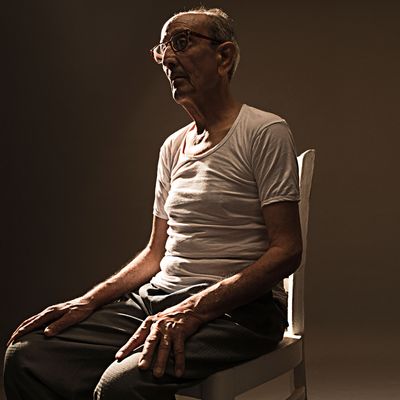
Over an estimated 8 million American adults over age 50 have problems with isolation. Beyond feeling terrible, it’s a huge health risk — research indicates that loneliness increases your risk of dying by 26 percent, on par with obesity.
Given that dire context, the AARP is joining with the National Association of Area Agencies on Aging (n4a) to launch a new campaign in normalizing conversations about isolation for older people.
As n4a spokesperson Dallas Jamison explained to USA Today, there’s “stigma associated with admitting to even loved ones that you’re feeling isolated, that your connections have dwindled,” so the idea is to make it more okay to have these challenging conversations and also let people know that there are resources available to call on.” A new brochure on isolation is a start, and STAT reports that n4a will be identifying elders who are isolated and helping them find help, partially through the federal government Eldercare Locator service.
The AARP Foundation says that it carries the same health risk as smoking 15 cigarettes a day, and a study of 1,600 older adults between 2002 and 2008 found that when they identified as lonely, they had a 59 percent greater rate of cognitive decline, and a 2007 study found that it doubled the risk of Alzheimer’s disease.
Public health campaigns do, believe it or not, work. Smoking has fallen from 24.7 percent of American adults in 1997 to 15 percent in 2014, seat-belt use has reportedly increased from 11 percent of the time in 1981 to 85 percent in 2010, and after eating like garbage for decades, Michelle Obama and other advocates have helped America to eat healthy again.




